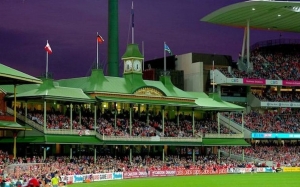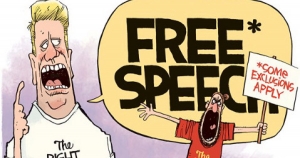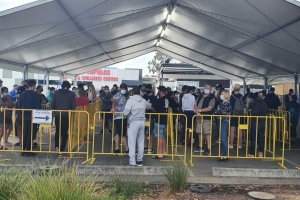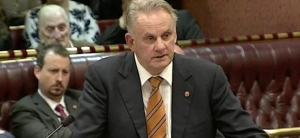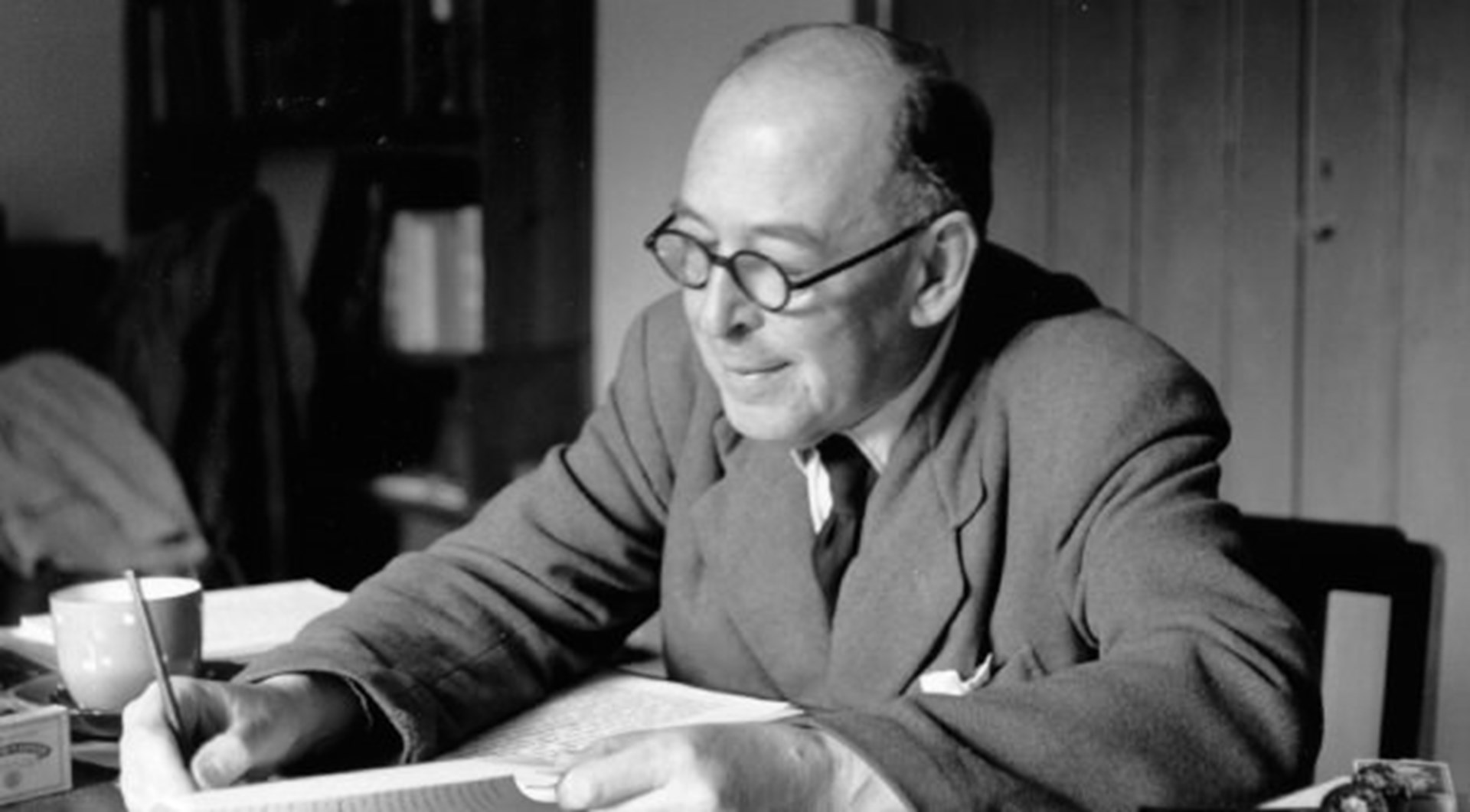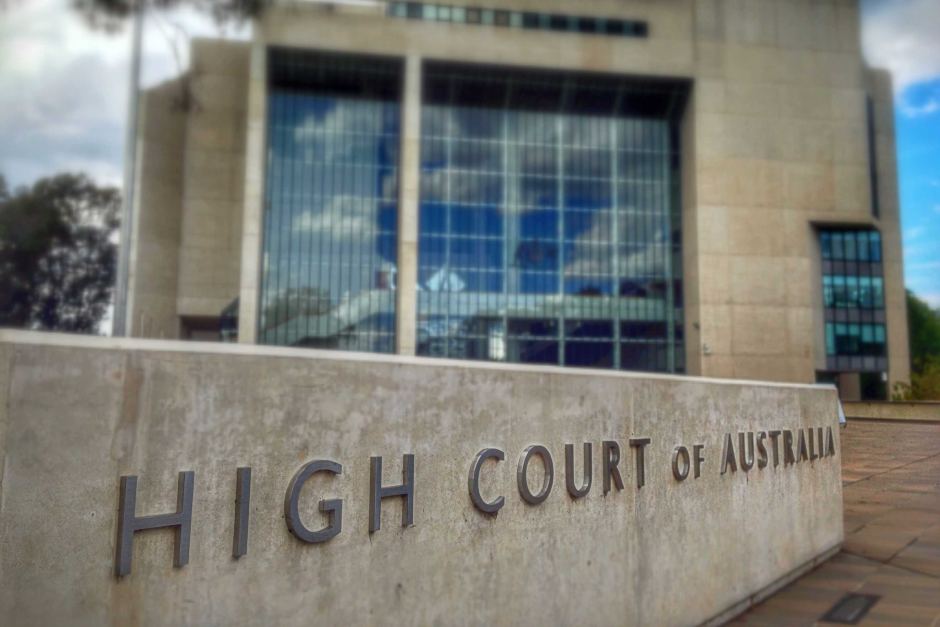Displaying items by tag: freedom
Scotty's Jab
The Covid vaccines have been hailed as the world's route out of lockdown and associated measures. Not so fast, as we now are coming to realise. The inept Morrison Government should be held to far higher standards of accountability for our Covid mess and for all of the vaccine lies the Government has told or allowed.
It's Just Not Cricket
The Sydney cricket test has begun. Virtually without a crowd. Those there are all wearing masks, because they are compulsory in Sydney. Covid summer madness has hit the Premier State, where a mere two Covid deaths have occurred since 1 September 2020.
The Year That Was
2020 was the very worst of times. A year not to savour but to regret. What was thought inconceivable a mere twelve months ago is now real. It can never be inconceivable again. Barring a miracle or concerted political action by those who resent our loss of freedom, a dystopian future surely awaits us all.
Conspiracy Theory and Its Discontents
The charge of being a conspiracy theorist is now poison. A conversation killer. Unfortunately, many dissenters from the State's line on many issues, not just Covid, are cowed by the charge. It is a trick.
The Strange Case of the Shepparton Superspreader
The State's Six Covid Tricks
The response of governments to the Covid "crisis" has been a revelation. They have grabbed supreme power and have diminished freedoms and crushed the economy. How did they get away with it, with such little push-back from we-the-people? They had six strategies. Strategies that appear to have worked.
Mark Latham and the Future of Australia
Mark Latham, former Labor Party leader, is now head of One Nation in NSW and was recently elected to the Legislative Council . Broadcaster Alan Jones called his inaugural speech “The most outstanding political speech I have ever read”.
C.S. Lewis on Equality
Great thinkers and writers often think and write about many great things – and a great many things. The noted Christian apologist and academic C. S. Lewis was one such person. Although he had his area of specialisation – English literature – he was conversant in, and wrote about, a myriad of subjects. Thus he could write about theology, he could pen children’s stories, he could engage in the debates of the day, and he could deal with many of the great thinkers both past and present. He also wrote on philosophical, historical and political themes.
Notable Christians: Sophie and Hans Scholl
(Photo credit: JStorDaily) Just over 75 years ago some very brave and passionate young people were executed in Germany for daring to resist Hitler and the Nazis. Two of the main players were sister and brother, Sophie and Hans Scholl. Their stories are now engraved in history, and they have inspired millions along the way. Robert and Magdalena Scholl had six children, including Sophie and Hans. They were raised as Lutherans and a Bible in the home was there to be read and studied. Her mother was the more religious of the parents, and her father early on came to oppose the Nazis. As the Nazis came to power, all the Scholl children at first became keen supporters of the Nazis, and some even joined the Hitler Youth, much to their father’s horror. But they soon grew very uneasy with what was happening in their country as they began to see what was really going on.
High Court Upholds Rejection of Inter-State Vilification Orders
In a Federation like Australia, different jurisdictions (States and Territories) may have different rules on what amounts to “discrimination” or “vilification”, and how those things interact with religious freedom. One of the pressing issues here in recent years has been whether there will be a “race to the bottom” in freedom of speech on religious issues, with one jurisdiction in particular, Tasmania, raising deep concerns with a very broad prohibition on causing “offence” related to matters such as sexual orientation. Today the High Court of Australia, on appeal from NSW, has affirmed the decision of the NSW Court of Appeal that State and Territory “tribunals” (non-judicial panels usually used in discrimination issues) have no jurisdiction to impose penalties on residents of other Australian jurisdictions under their own local laws.



